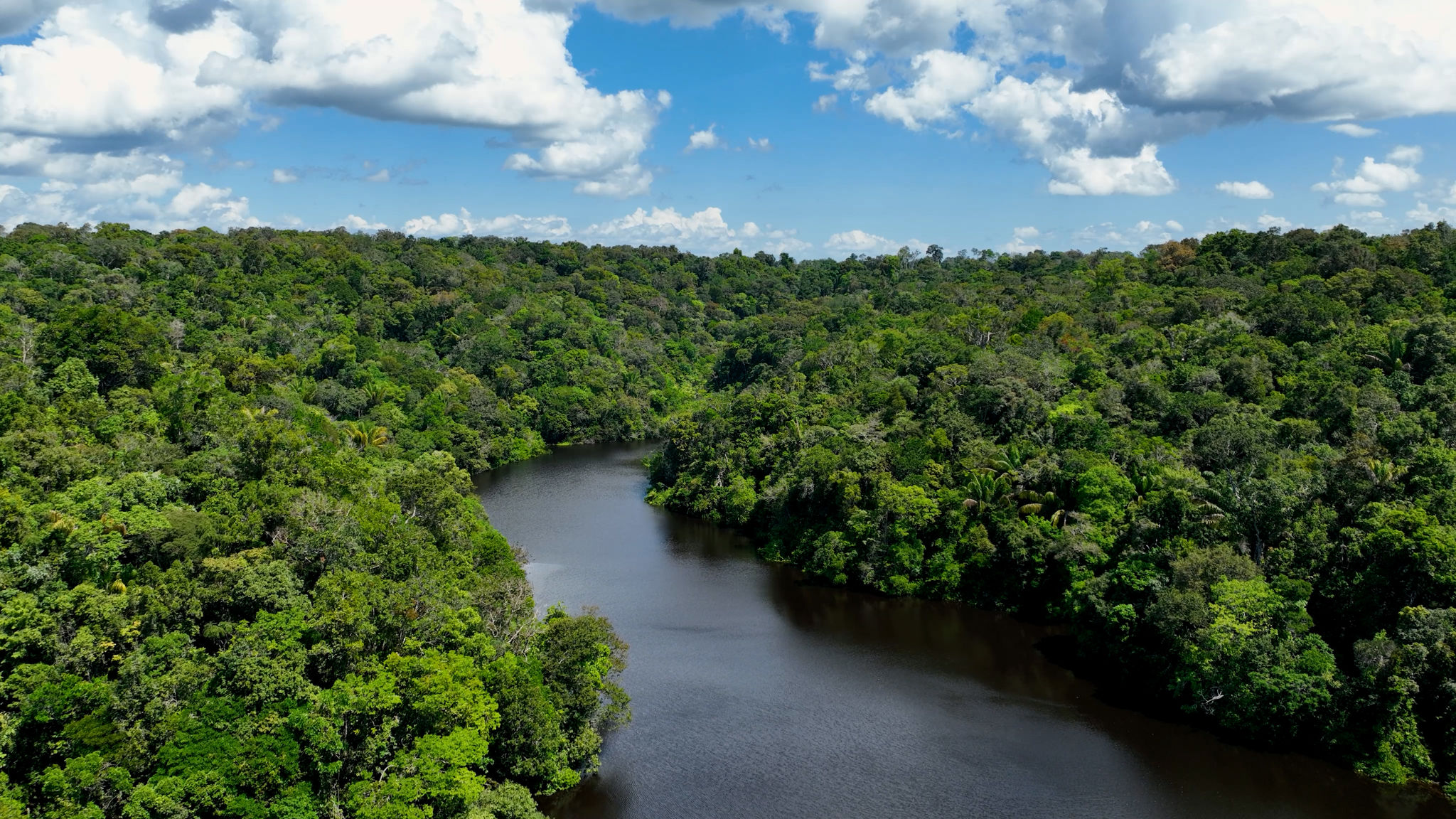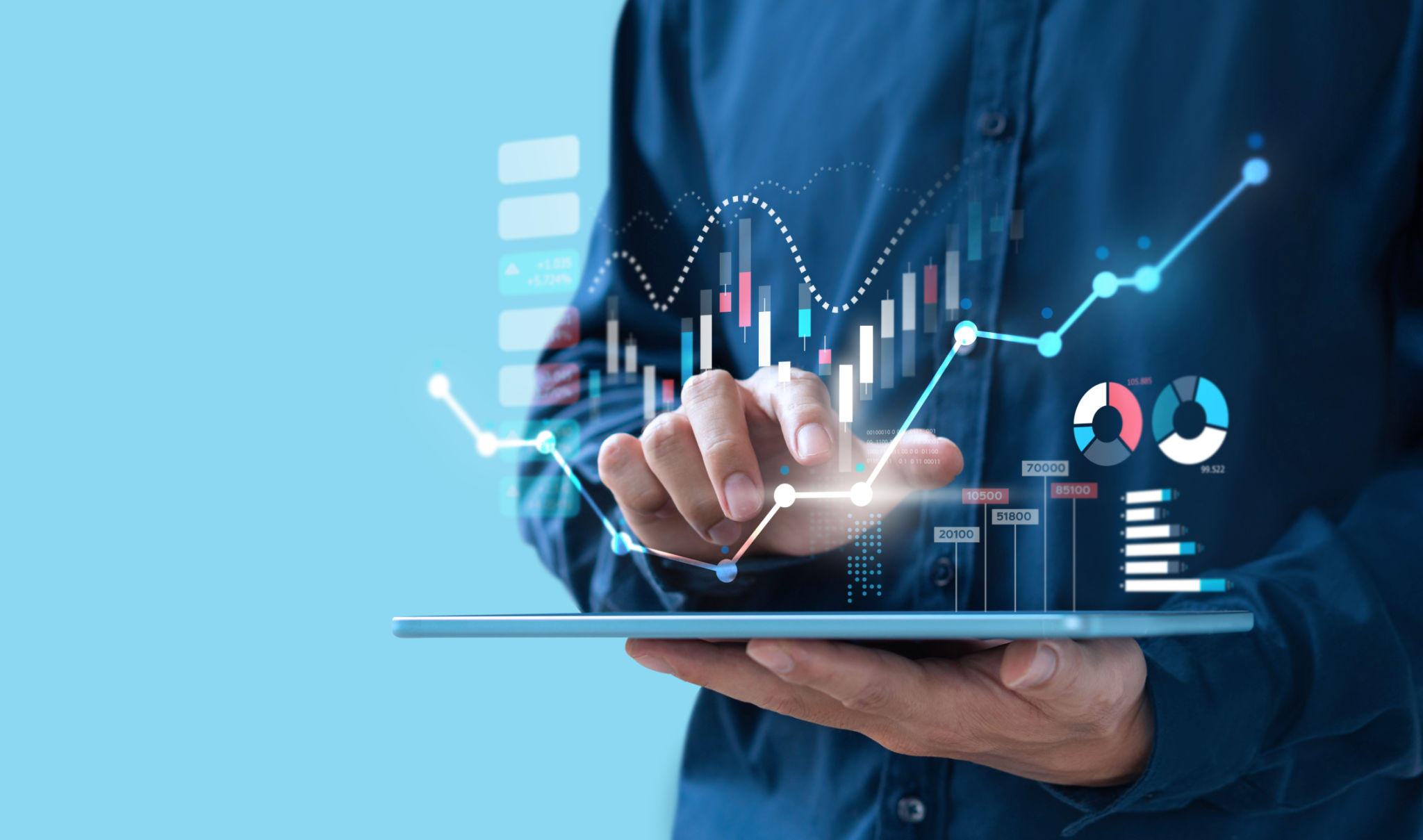Harnessing Scientific Consultancy for Sustainable Development in Brazil
The Importance of Scientific Consultancy in Brazil
In recent years, Brazil has emerged as a pivotal player in the global conversation on sustainable development. As one of the world's most biodiverse countries, it faces unique challenges and opportunities in balancing economic growth with environmental conservation. This is where scientific consultancy becomes invaluable, offering insights and strategies to navigate this complex landscape.
Scientific consultants provide expertise that supports informed decision-making, ensuring that development projects align with ecological preservation. They play a crucial role in analyzing data, forecasting environmental impacts, and advising on the best practices for sustainability. This collaboration between science and development is essential for creating long-term solutions that benefit both people and the planet.

Key Areas of Focus for Sustainability
There are several critical areas where scientific consultancy can make a significant impact on sustainable development in Brazil. Among these are deforestation, renewable energy, and water management. Each of these areas presents both challenges and opportunities for growth and innovation.
Deforestation and Biodiversity
Deforestation is one of the most pressing environmental issues facing Brazil today. Scientific consultants work to develop strategies that mitigate deforestation while promoting biodiversity. They conduct environmental impact assessments, devise reforestation plans, and recommend policies that support sustainable agricultural practices.

Renewable Energy Initiatives
Brazil has made significant strides in harnessing its abundant natural resources to produce renewable energy. Scientific consultancy plays a crucial role in expanding these efforts, helping to identify potential energy sources and optimize their use. Consultants assist in the design and implementation of projects involving wind, solar, and hydroelectric power, ensuring they are efficient and environmentally friendly.
The Role of Technology in Sustainable Development
Technology is an integral component of sustainable development, offering new tools and solutions for addressing environmental challenges. Scientific consultants leverage technology to enhance data collection, analysis, and visualization, providing more accurate insights into ecological trends and impacts.
Innovative Solutions through Data Analysis
Data analysis is at the heart of effective scientific consultancy. By applying cutting-edge technologies such as machine learning and geographic information systems (GIS), consultants can analyze large datasets to uncover patterns and predict future scenarios. This information is vital for developing strategies that are both proactive and adaptive.

Building Partnerships for Success
Sustainable development requires collaboration across sectors, including government, industry, and academia. Scientific consultants facilitate these partnerships by bringing together diverse stakeholders to work towards common goals. Their role is to ensure that all parties have access to the latest scientific knowledge and can contribute effectively to sustainable initiatives.
In conclusion, harnessing scientific consultancy for sustainable development in Brazil is not just beneficial but essential. By integrating scientific insights into decision-making processes, Brazil can continue to grow economically while protecting its invaluable natural resources. This balanced approach promises a brighter future for the country, its people, and the planet.
